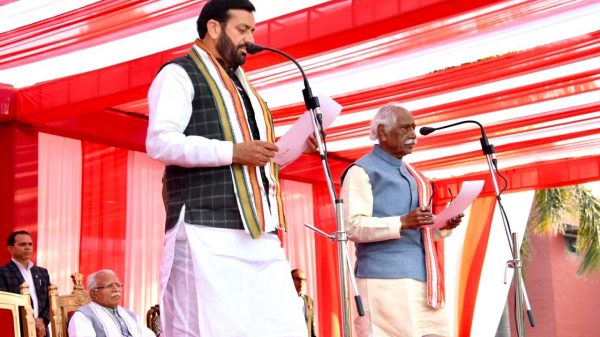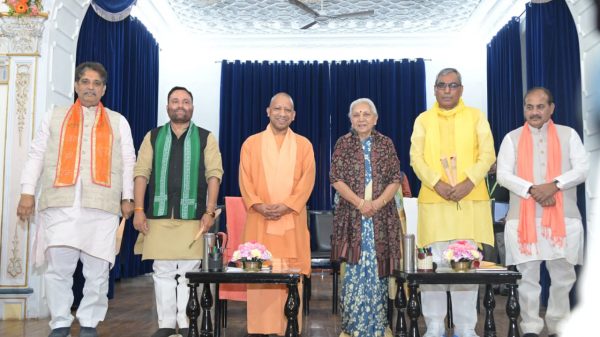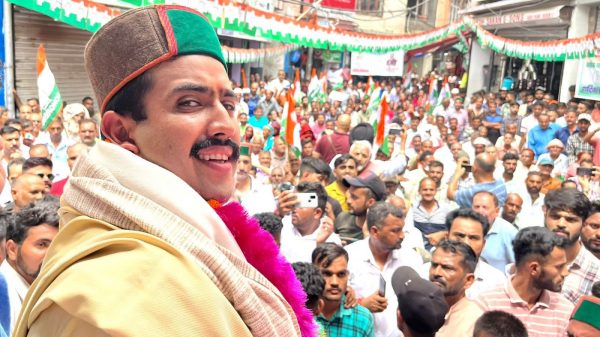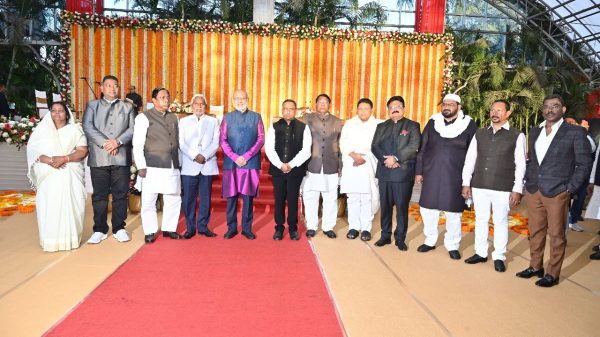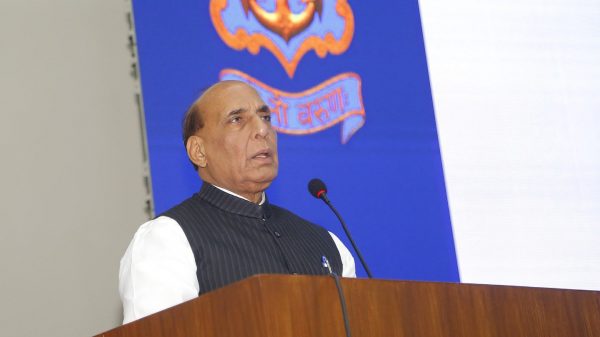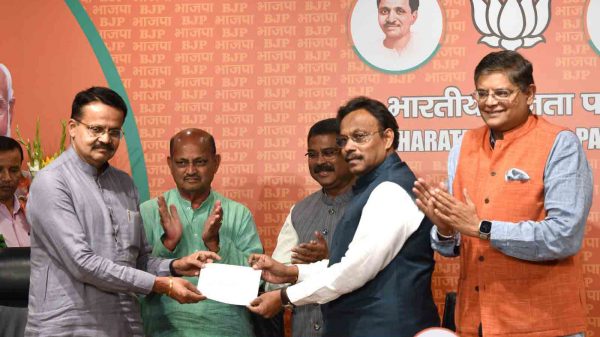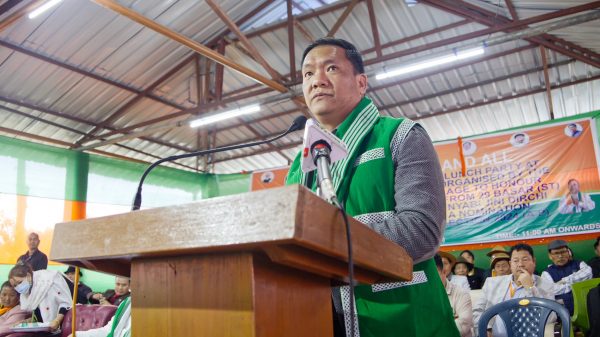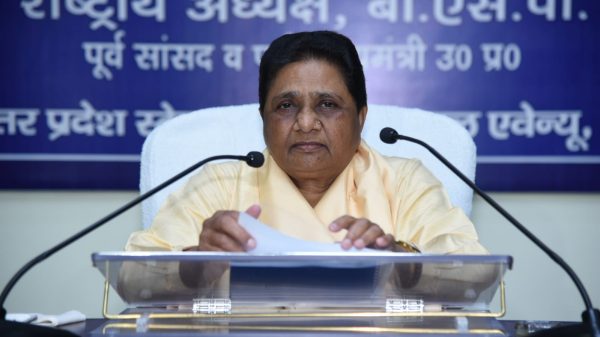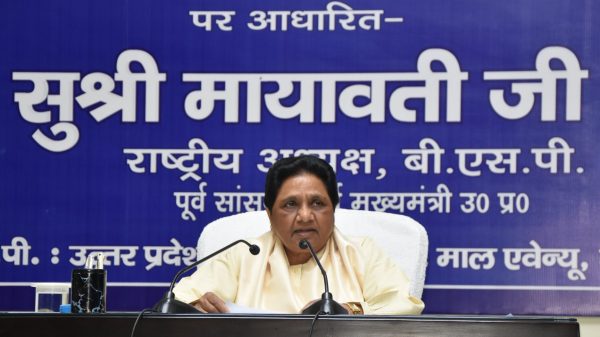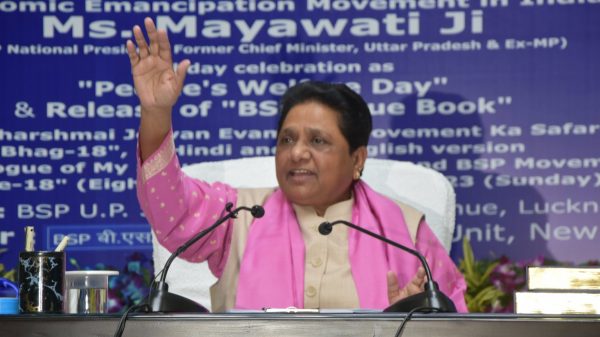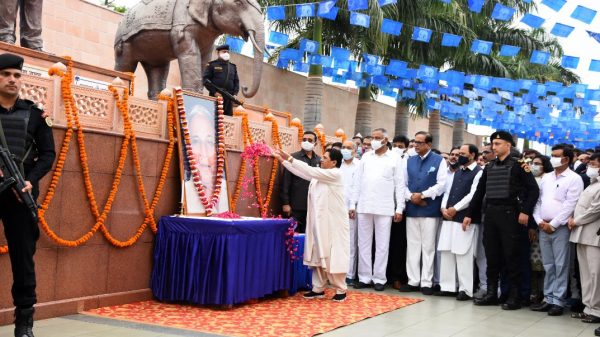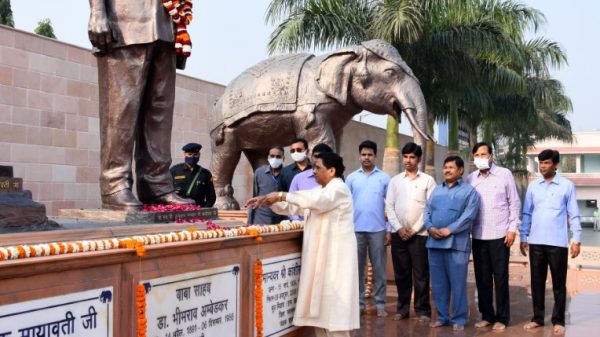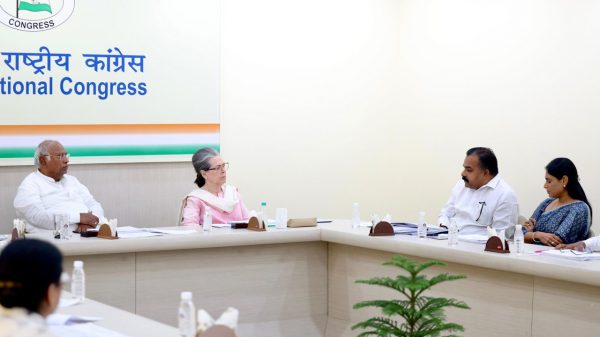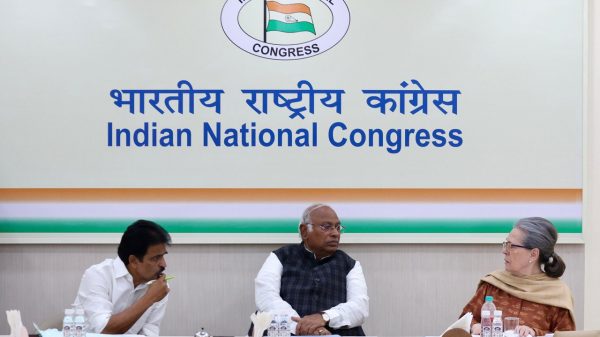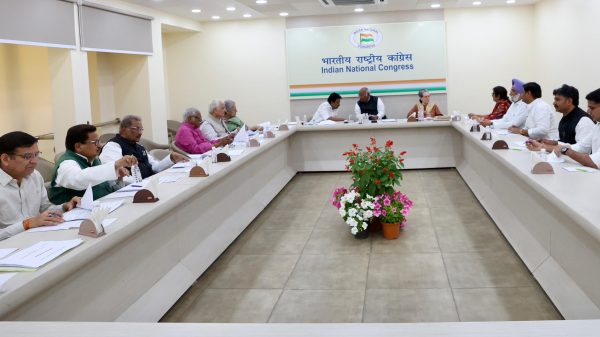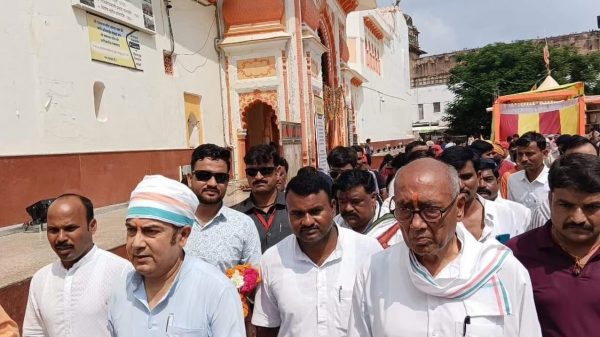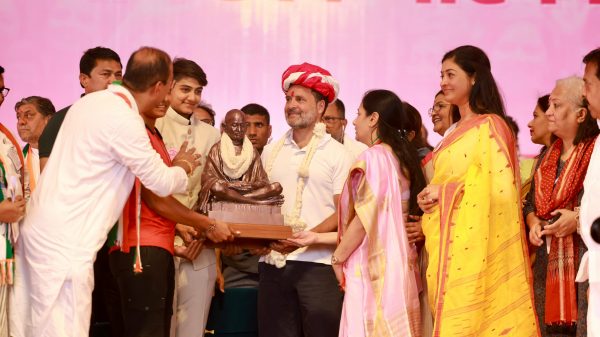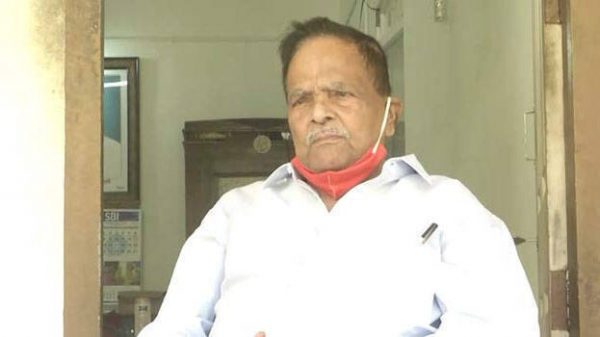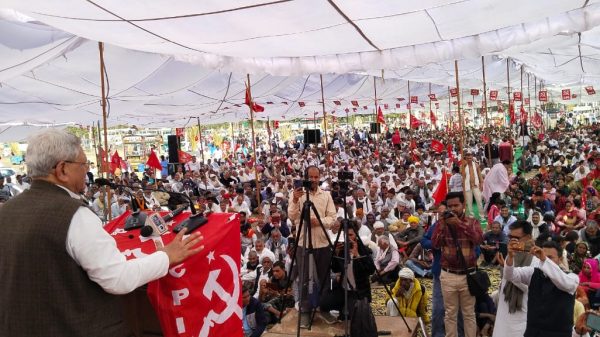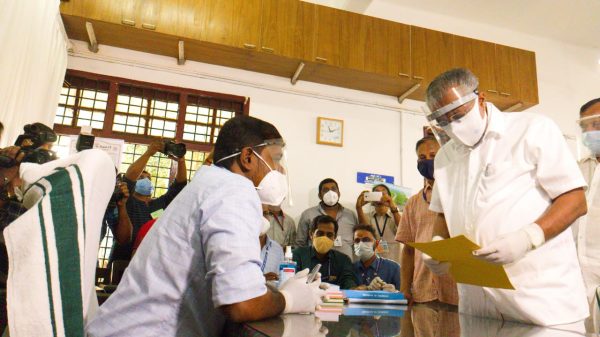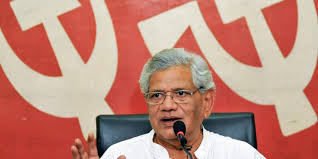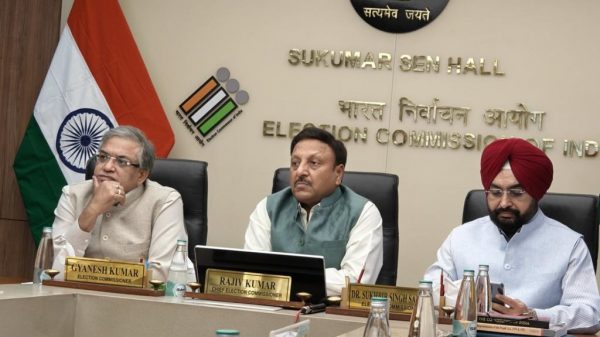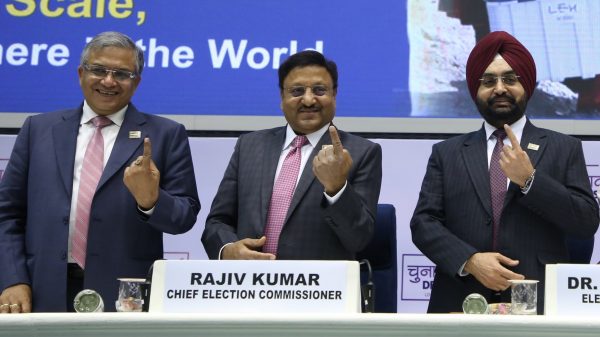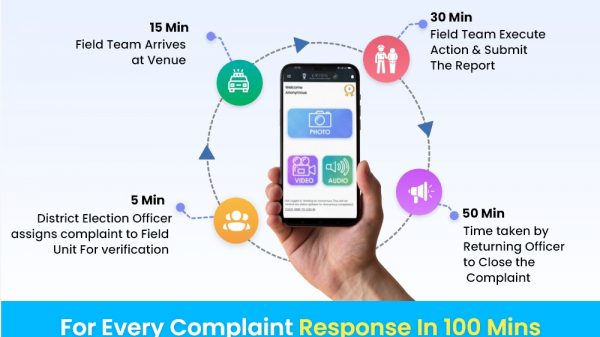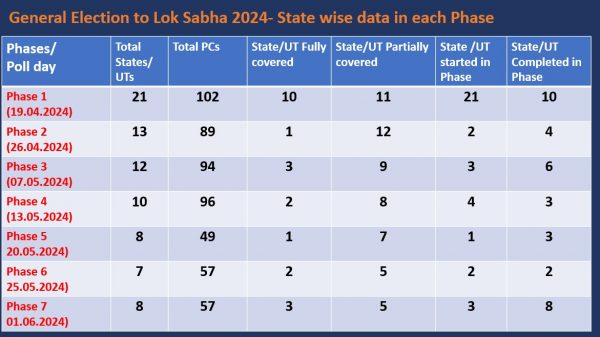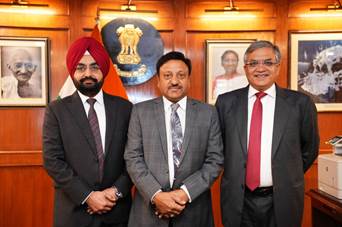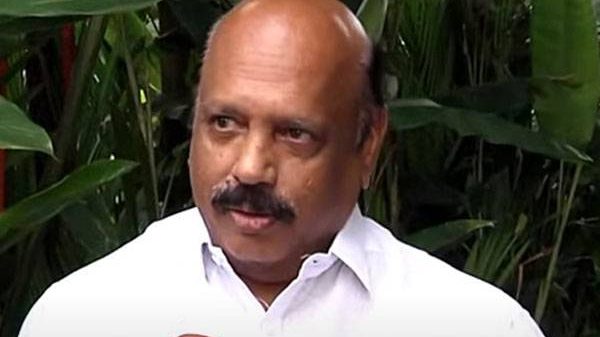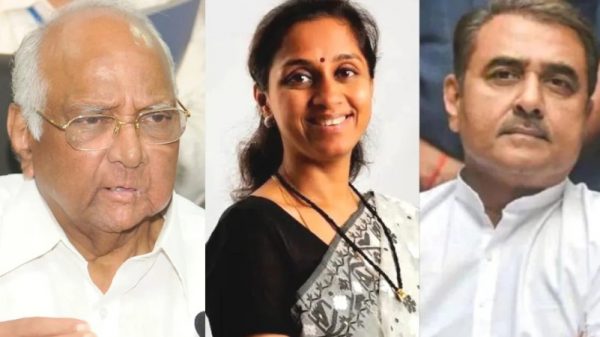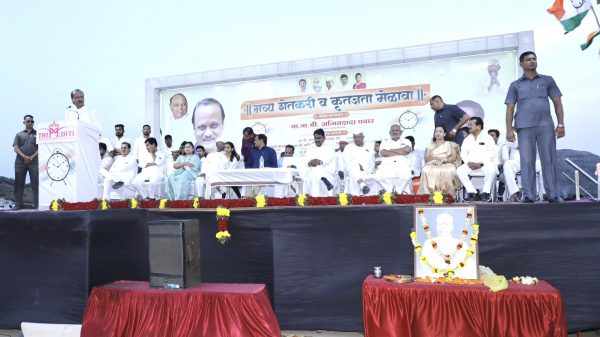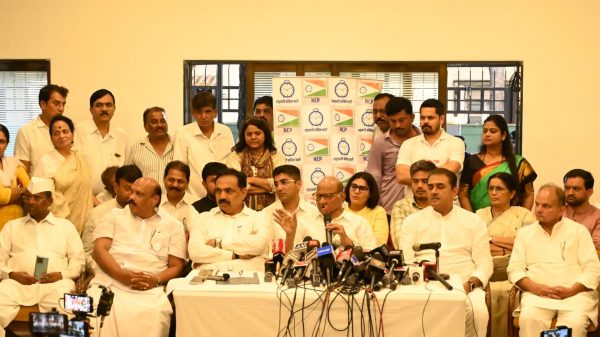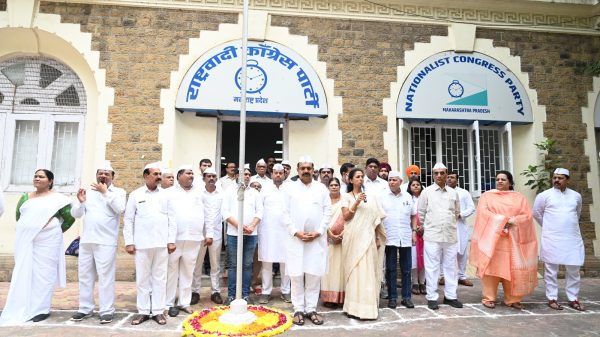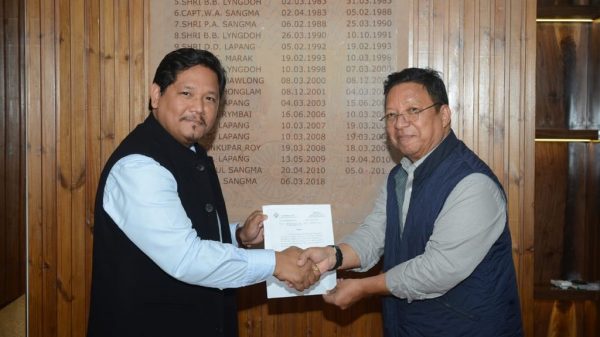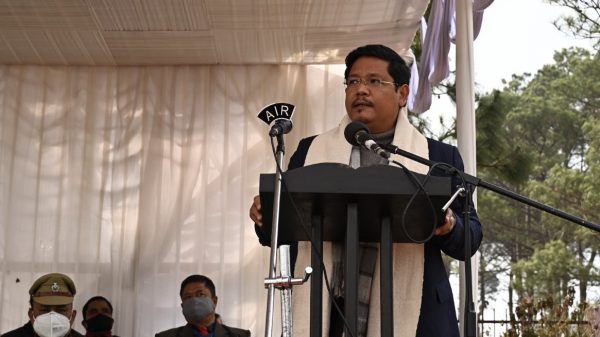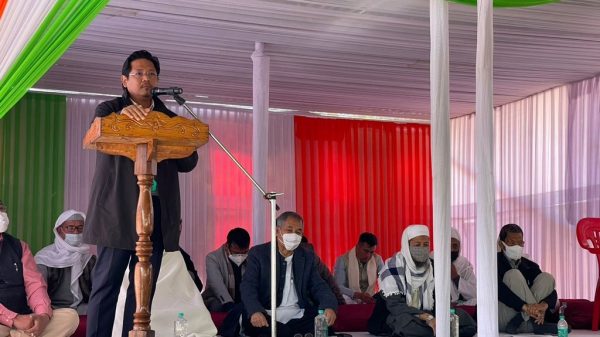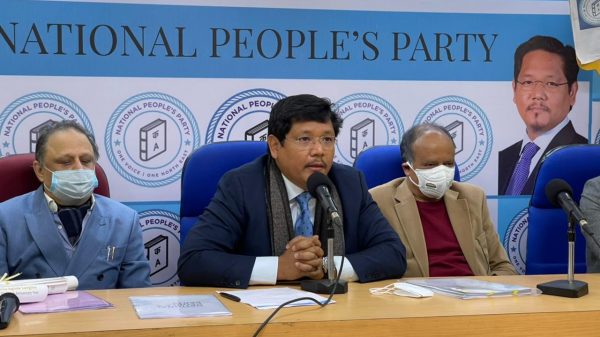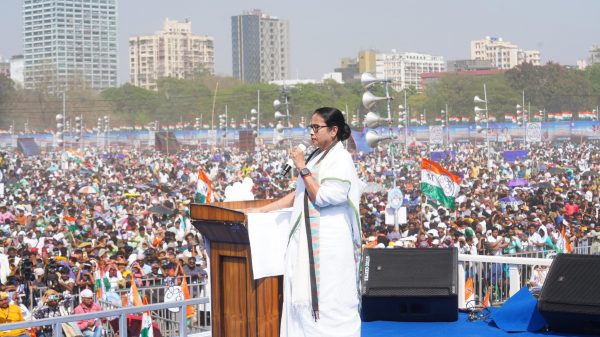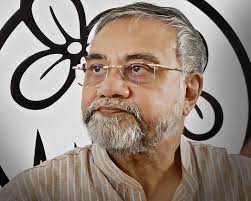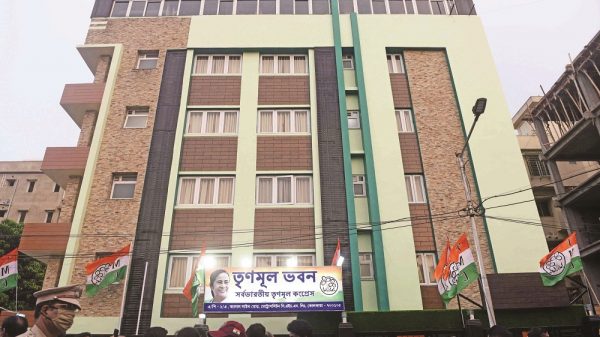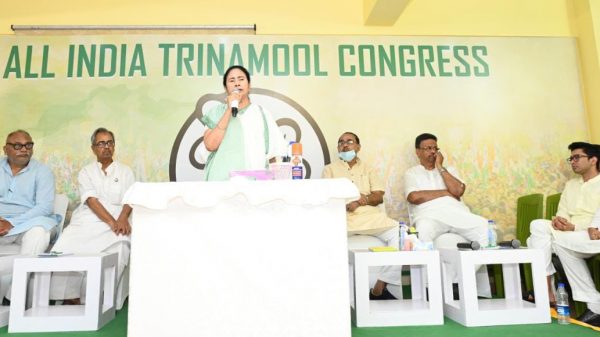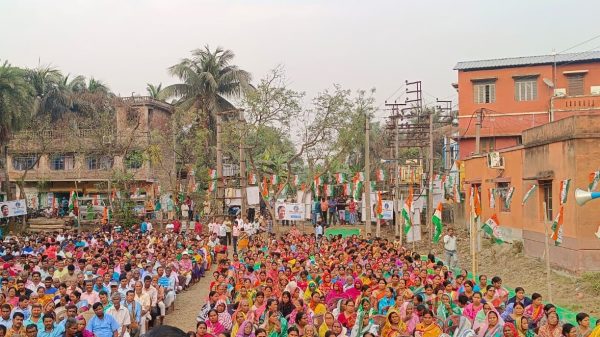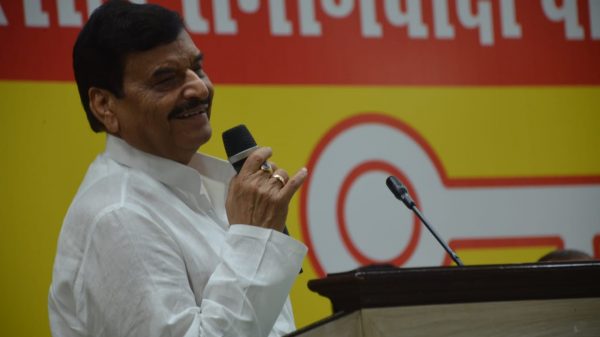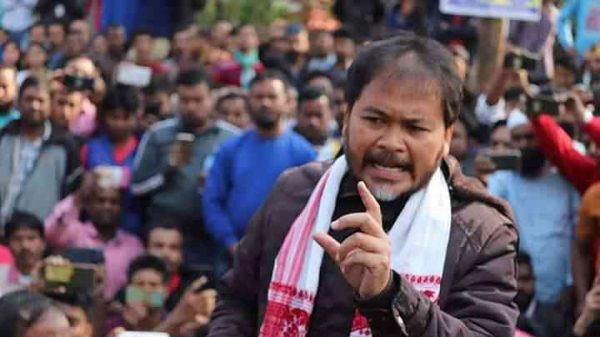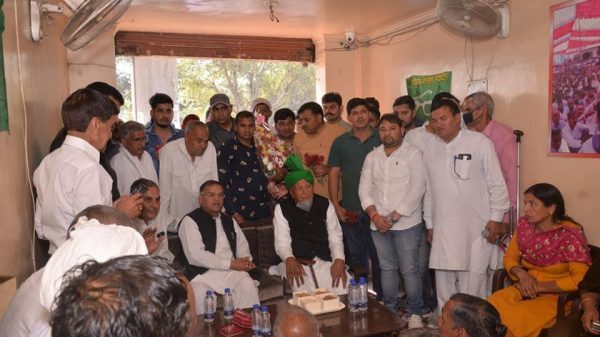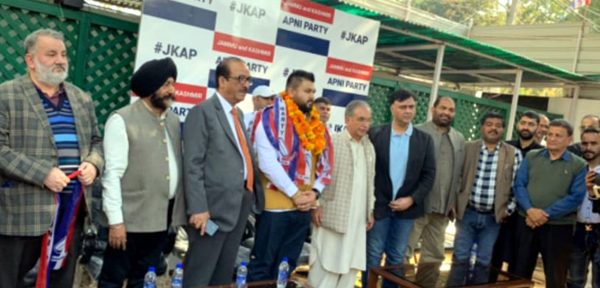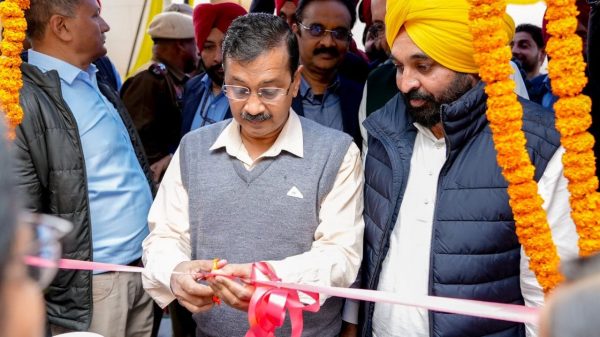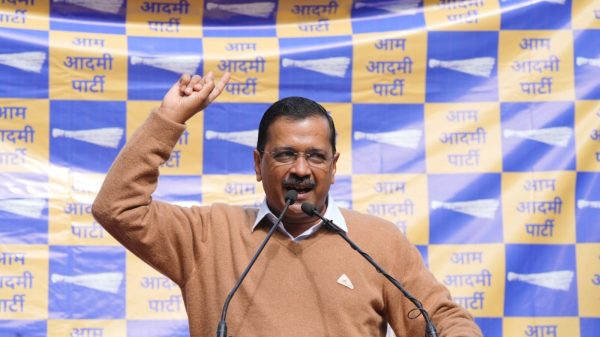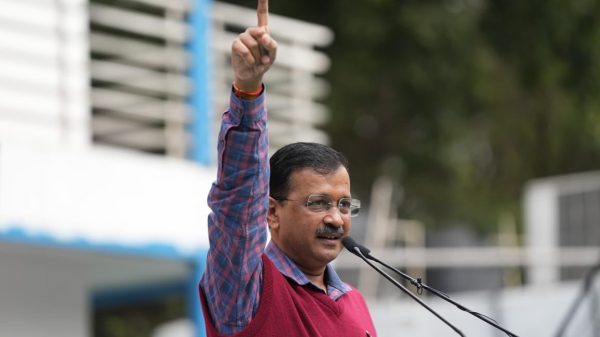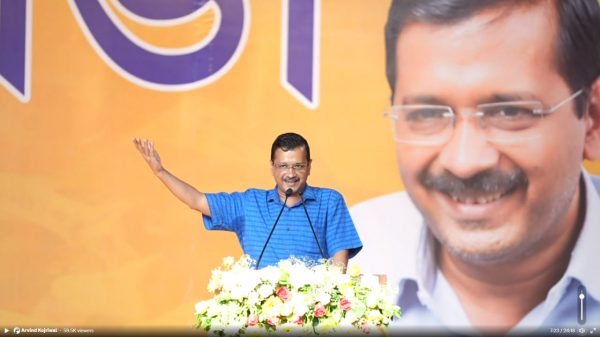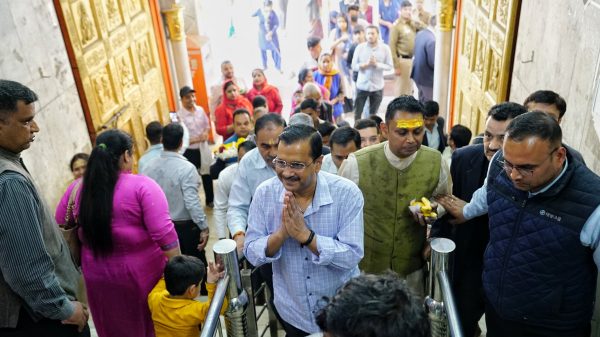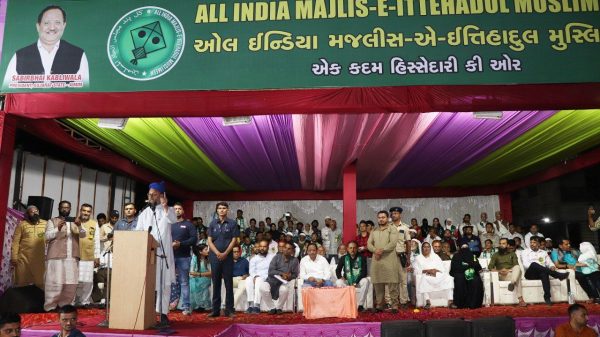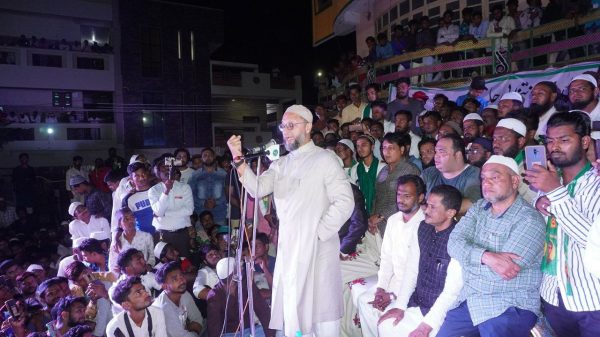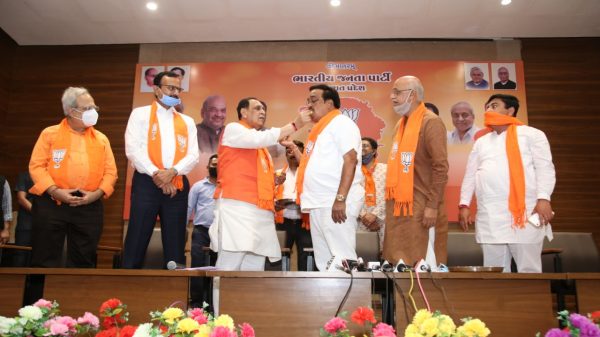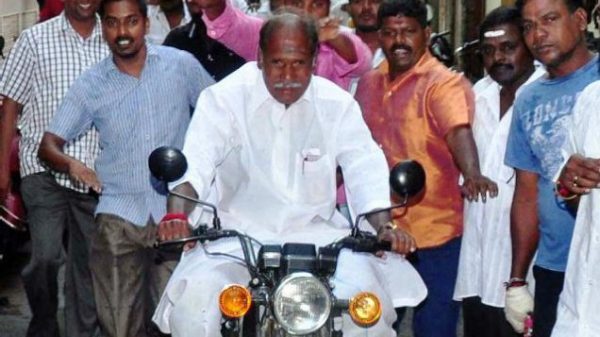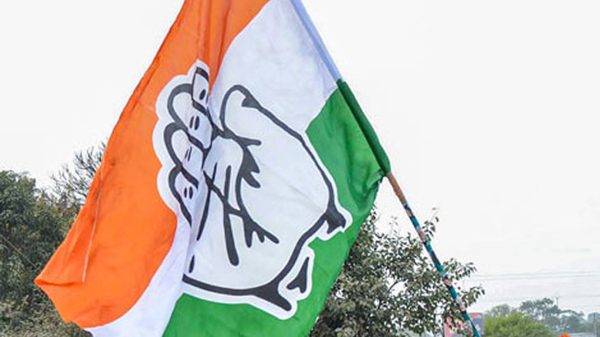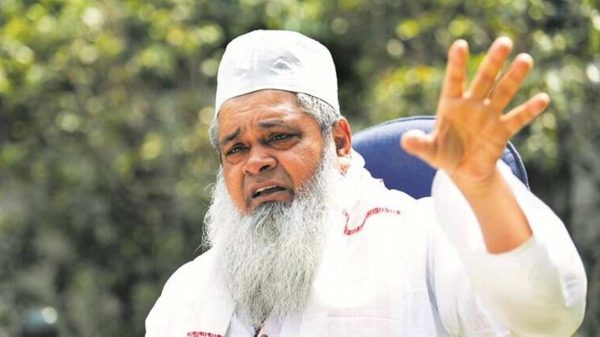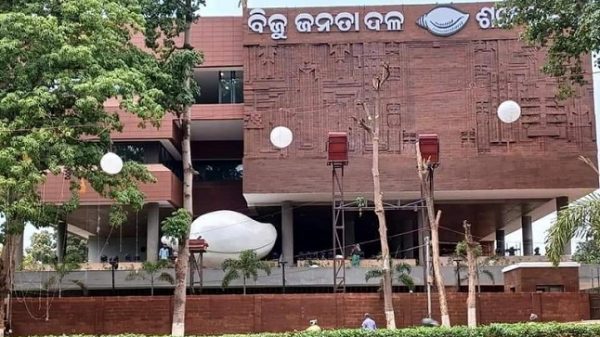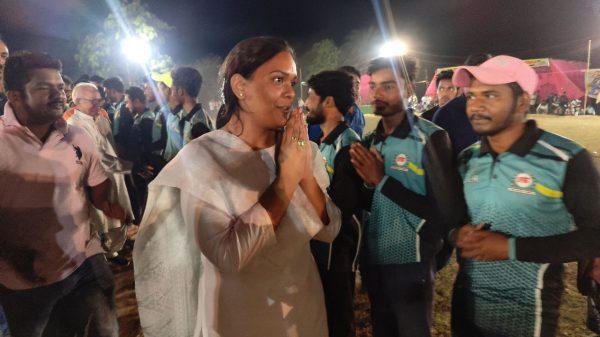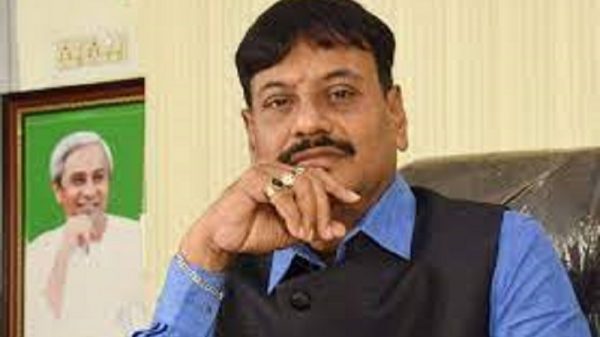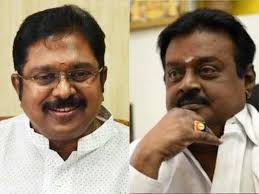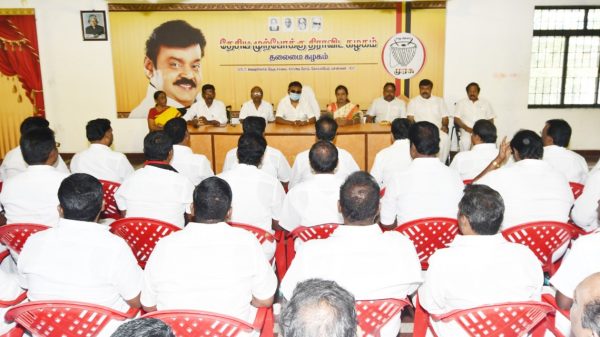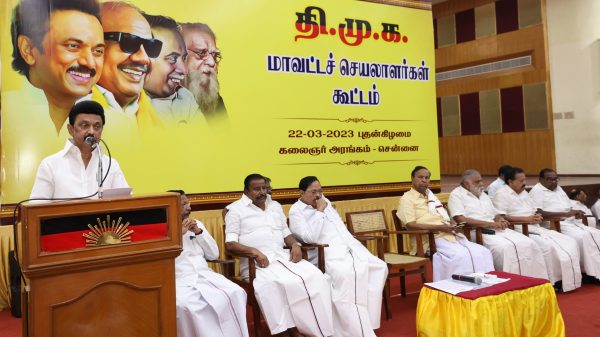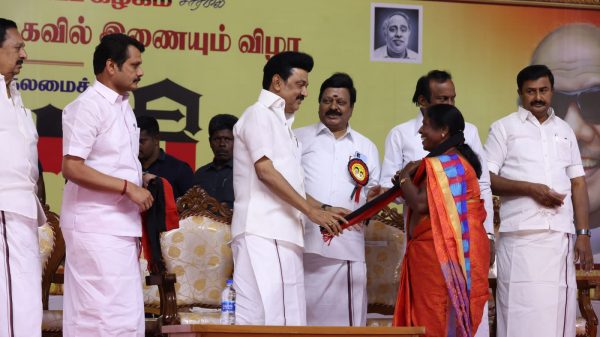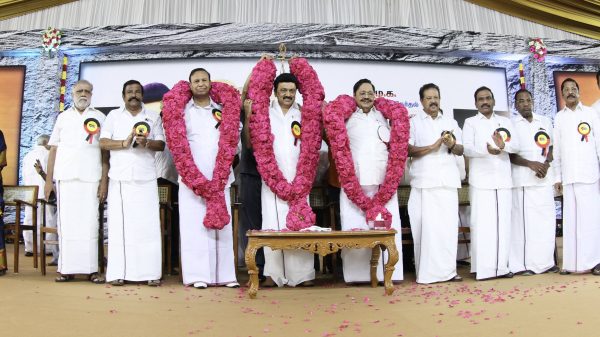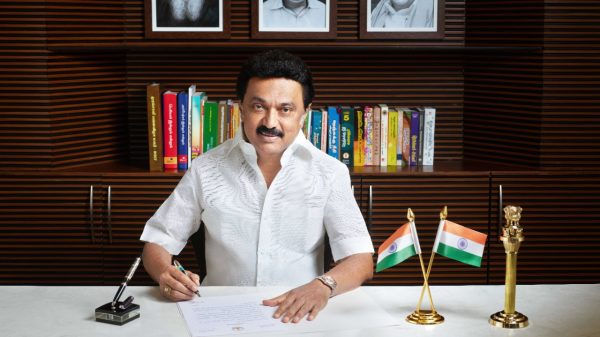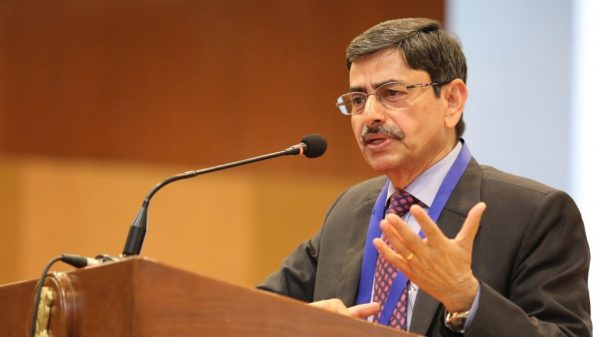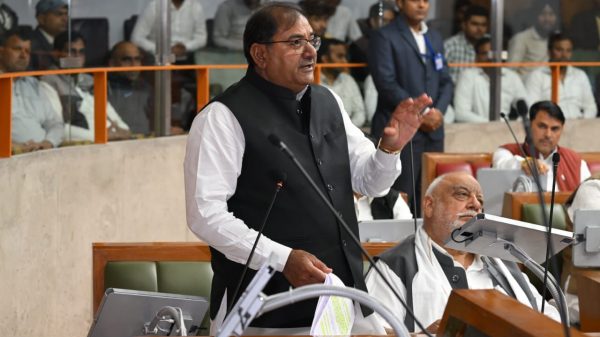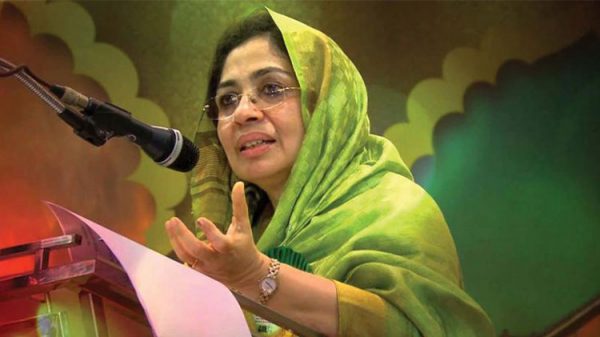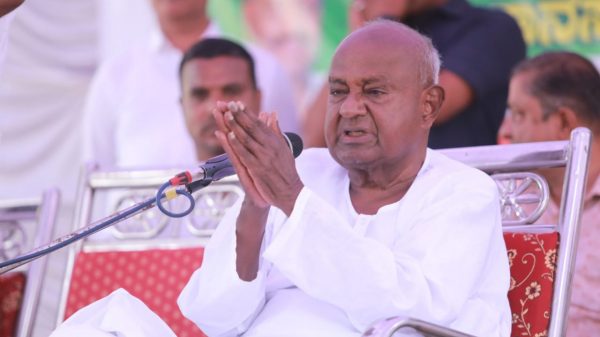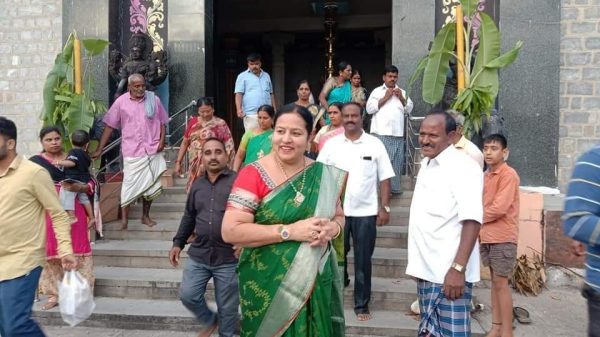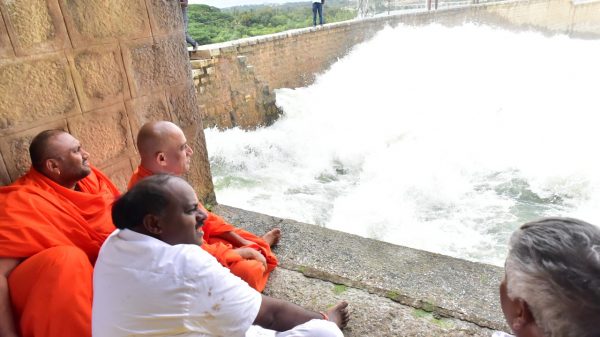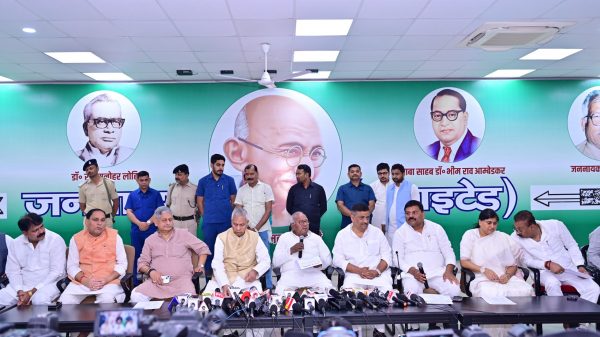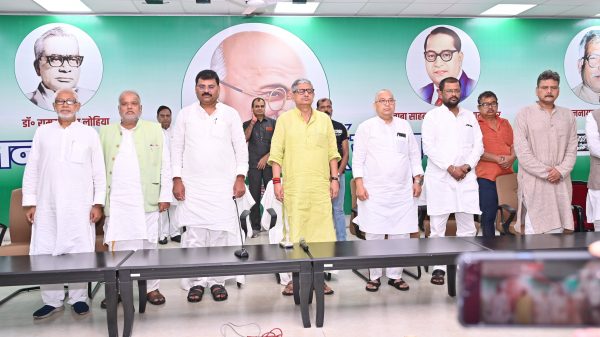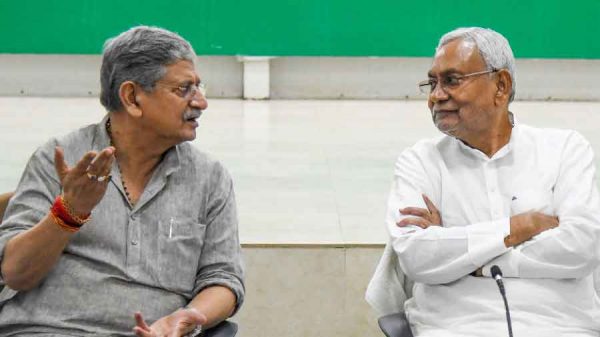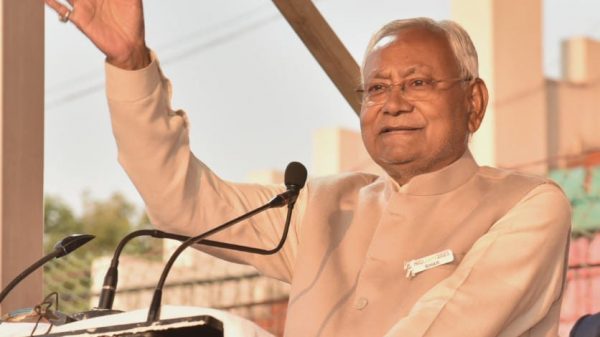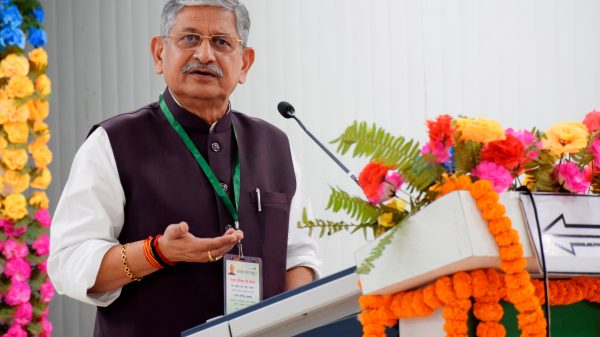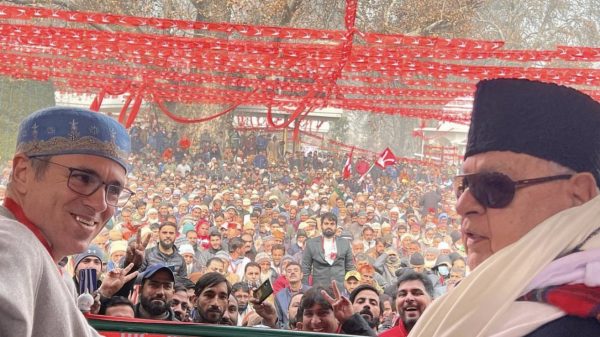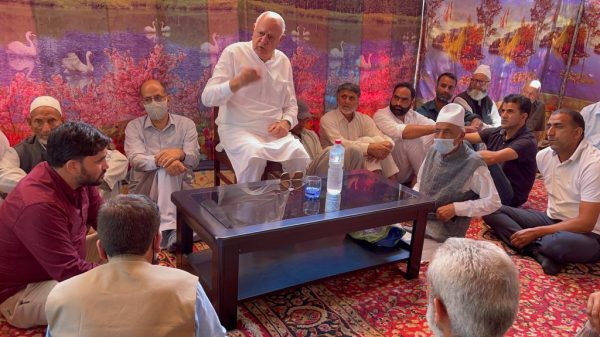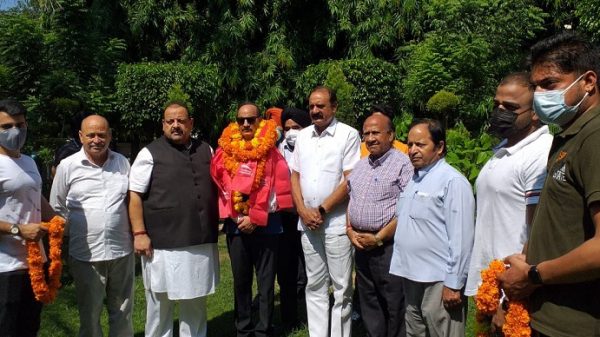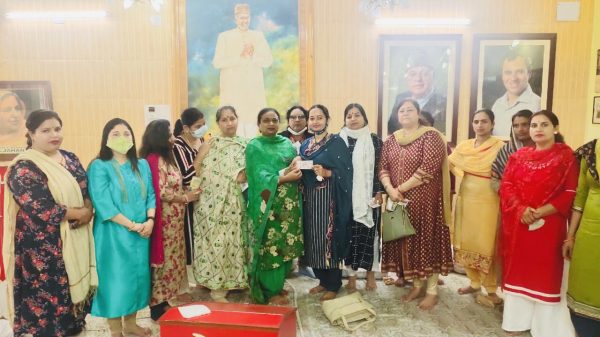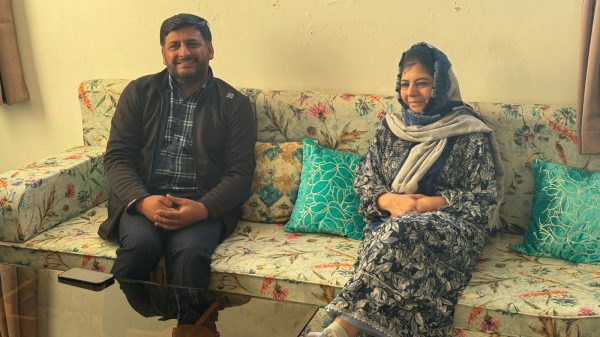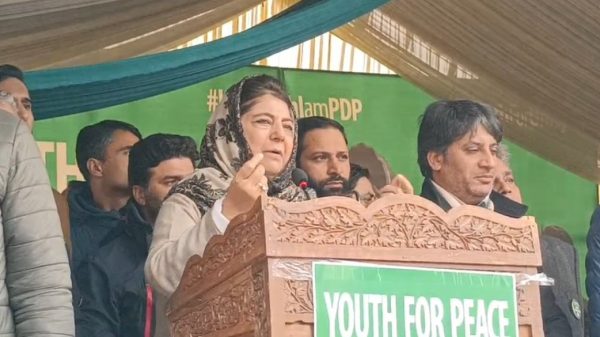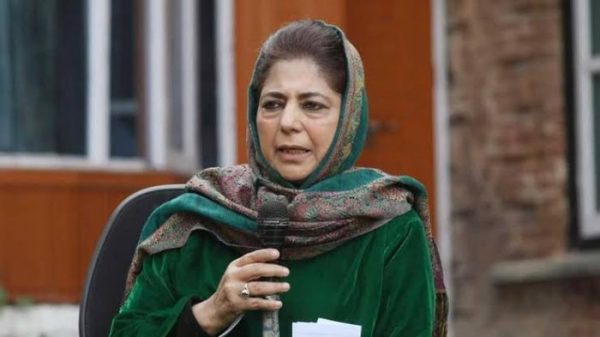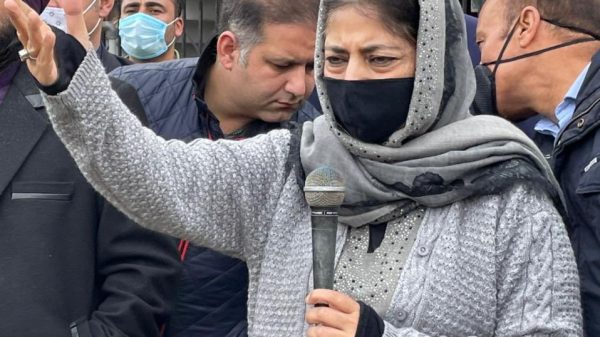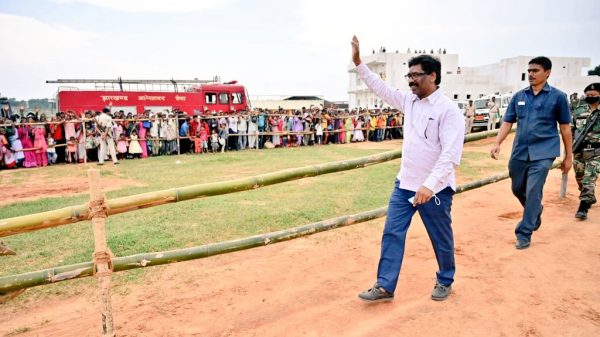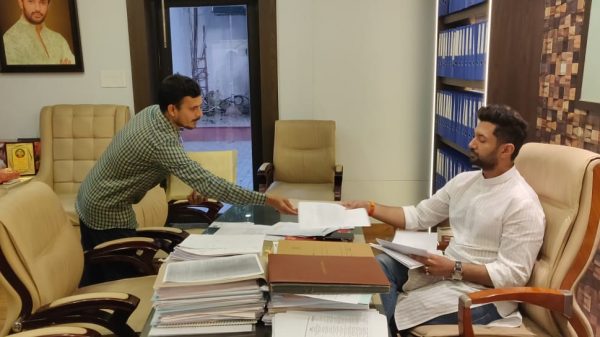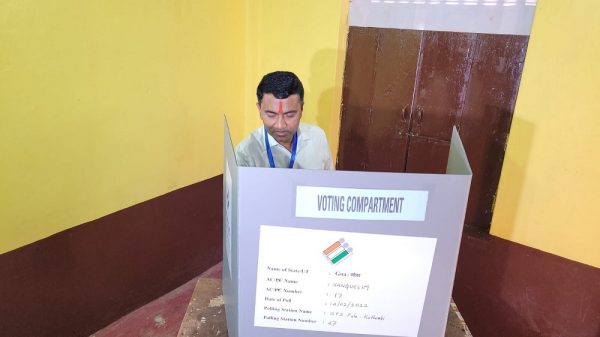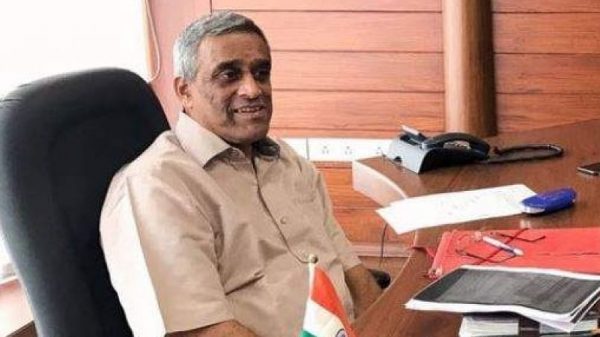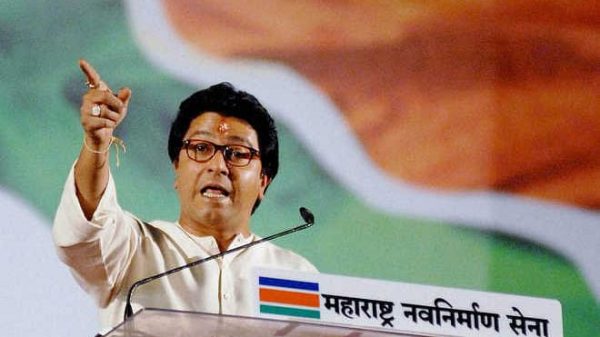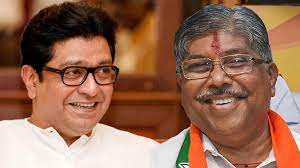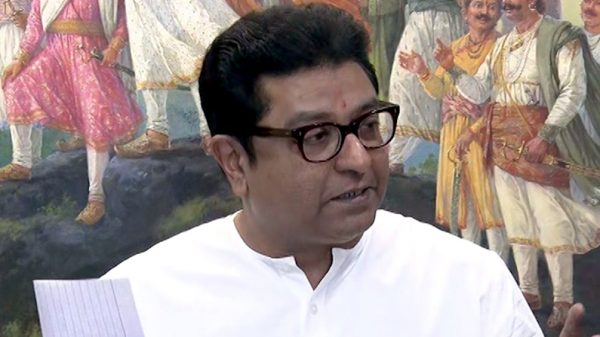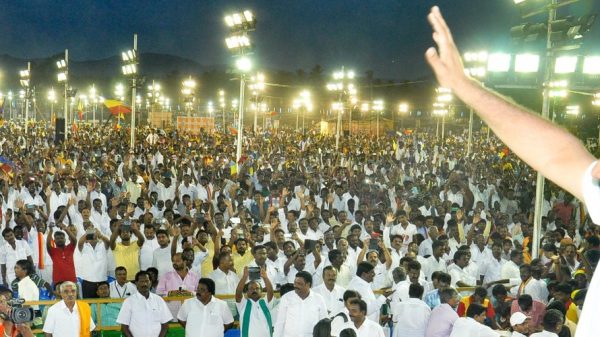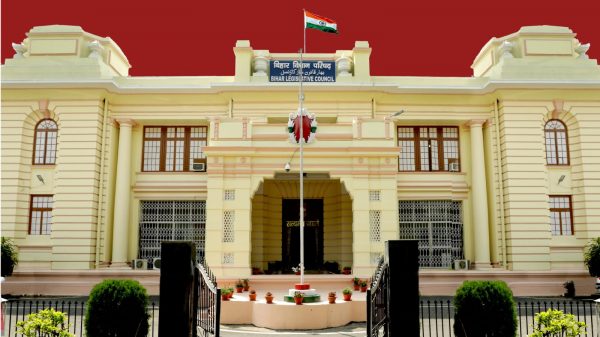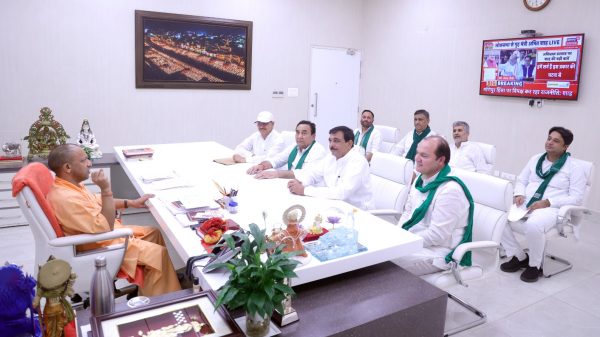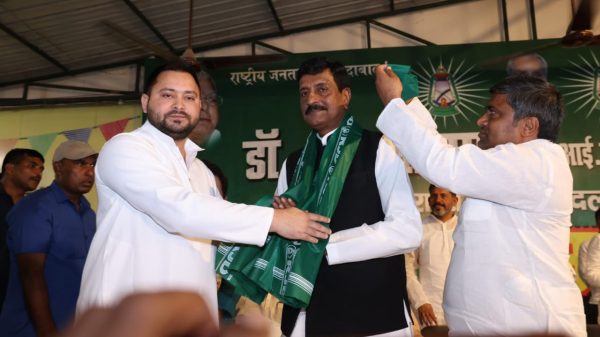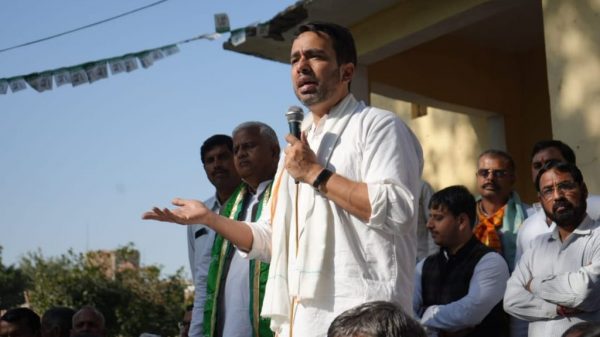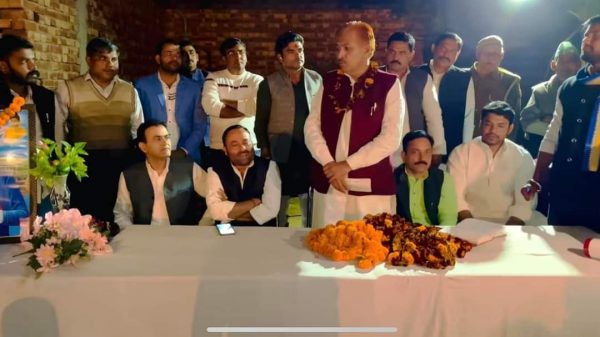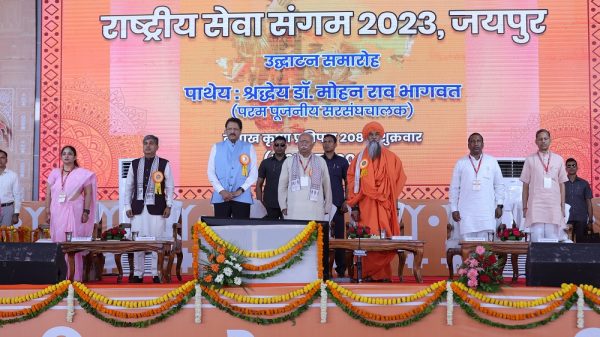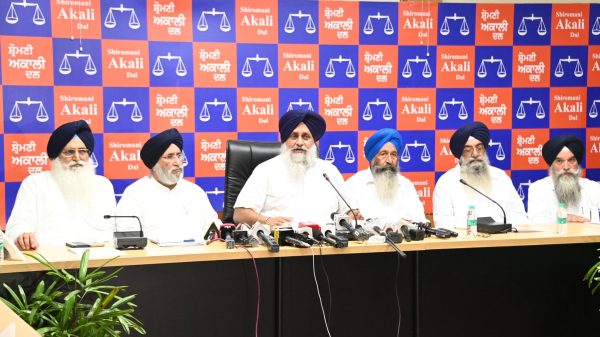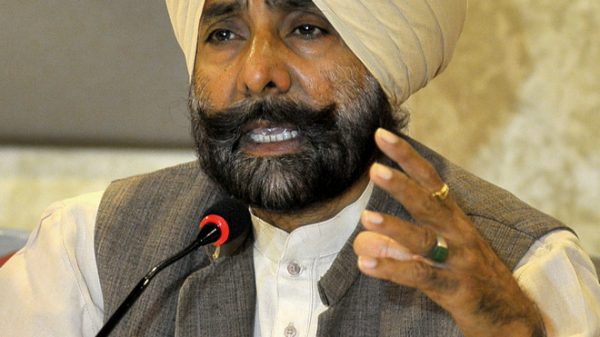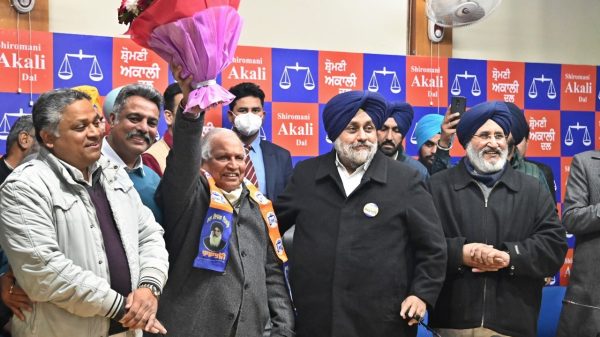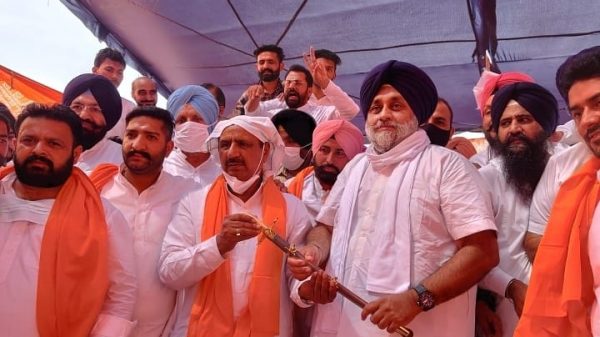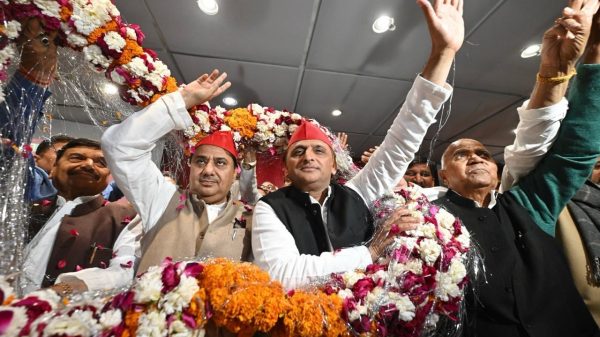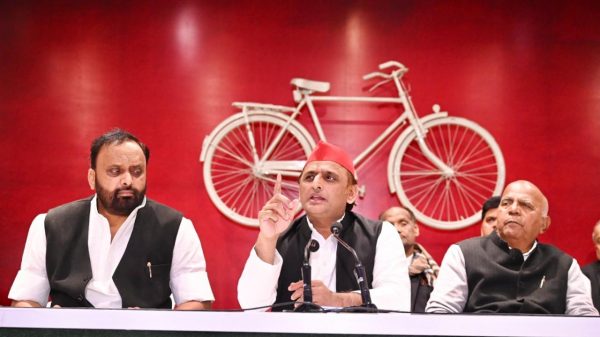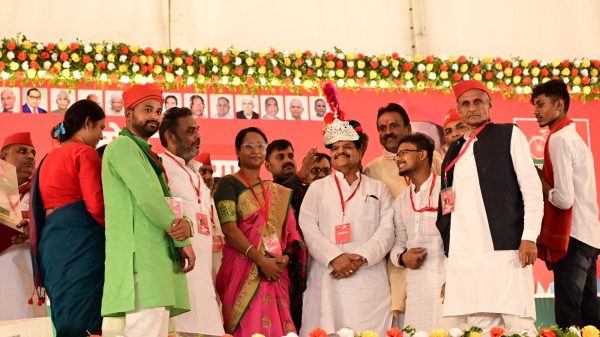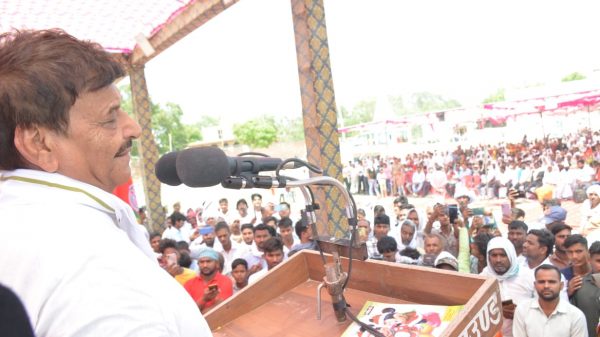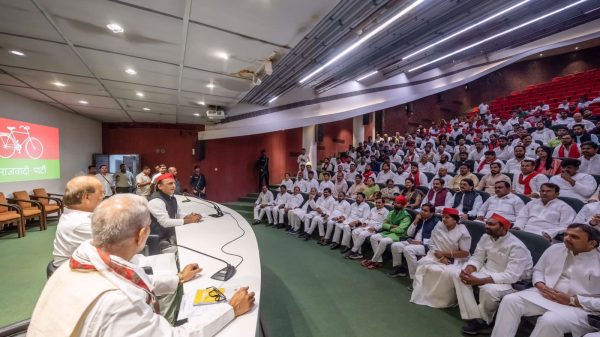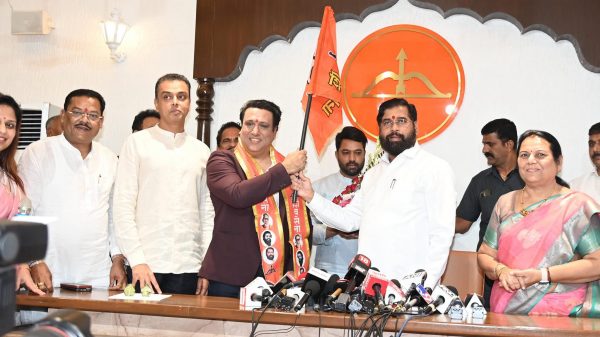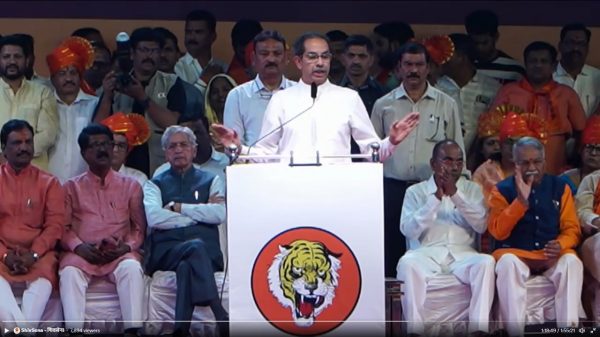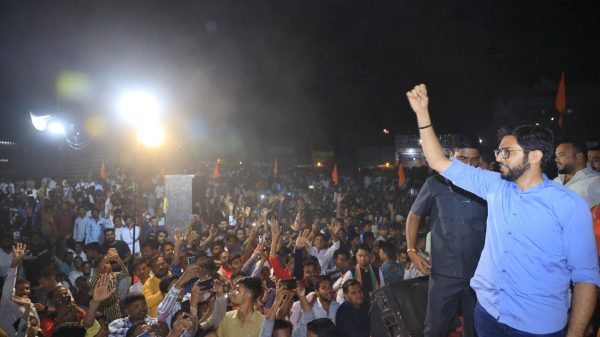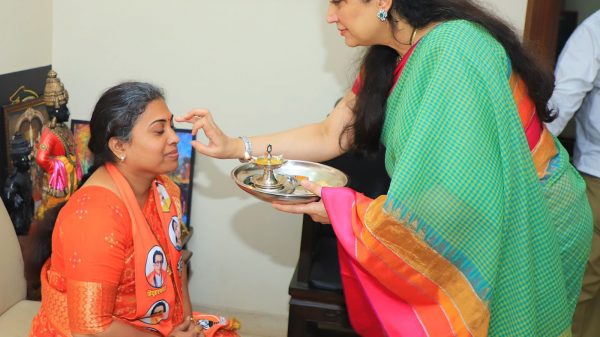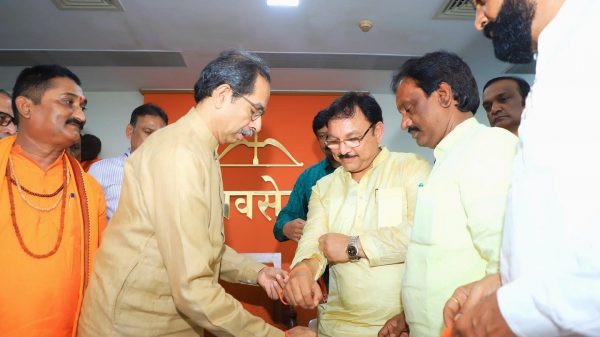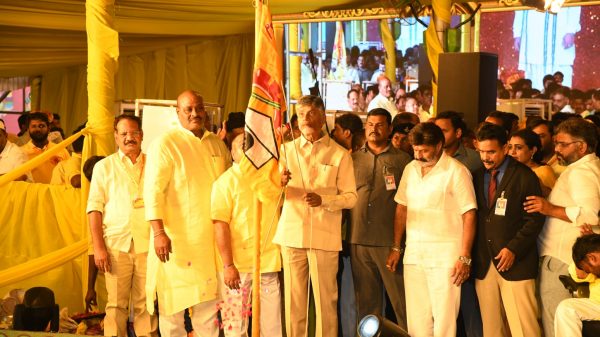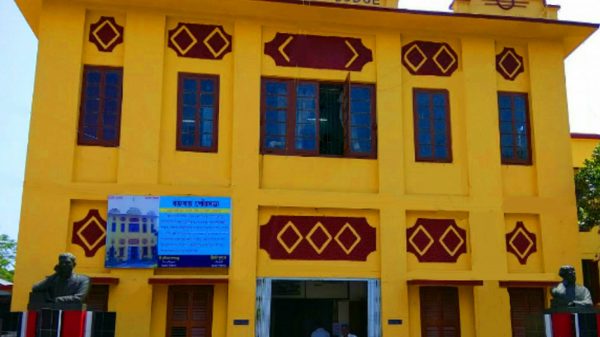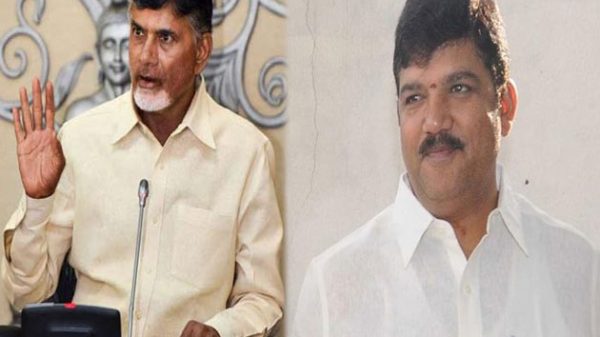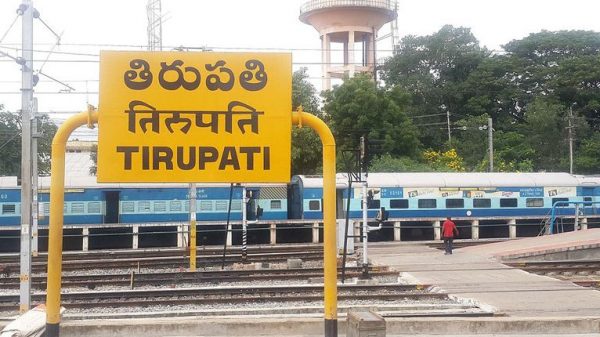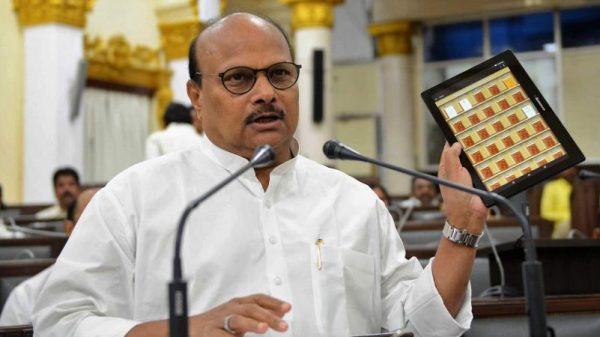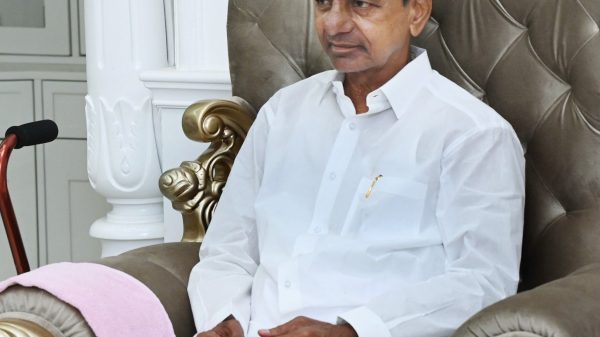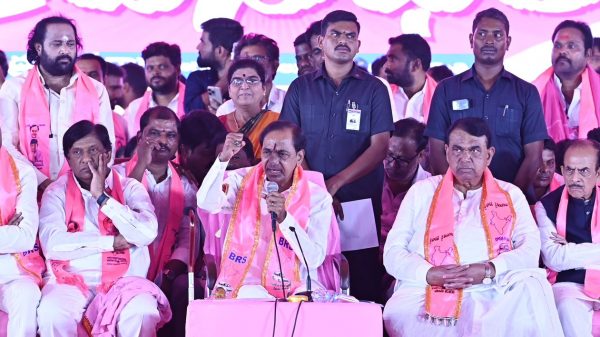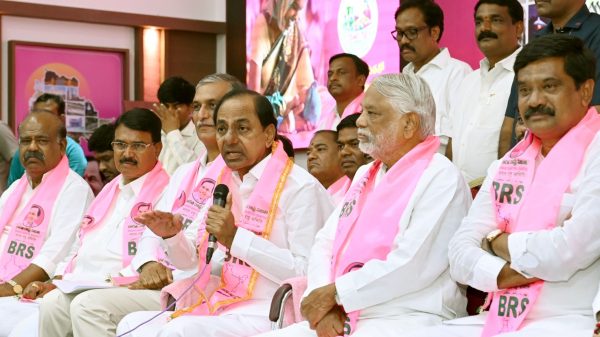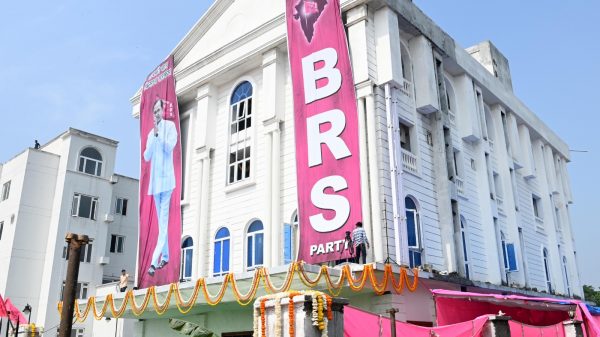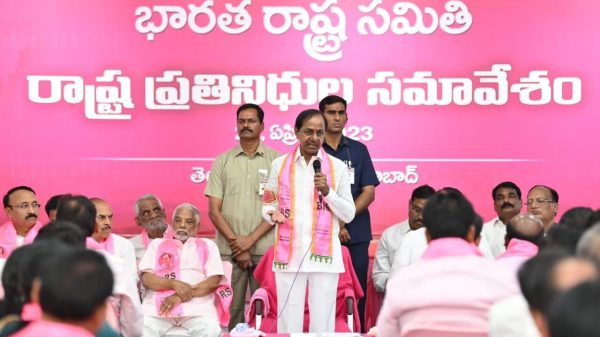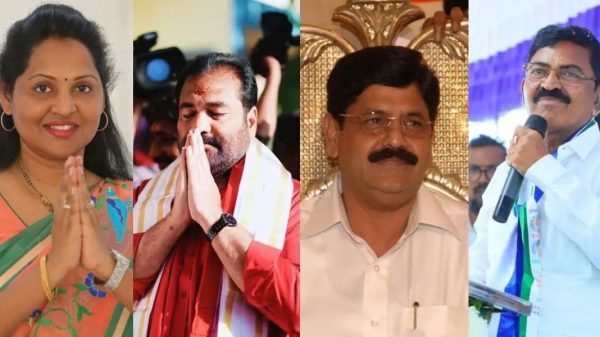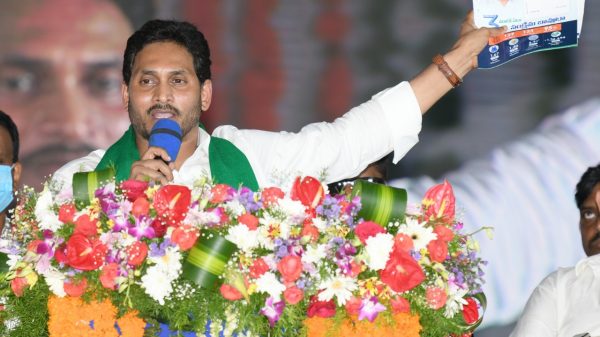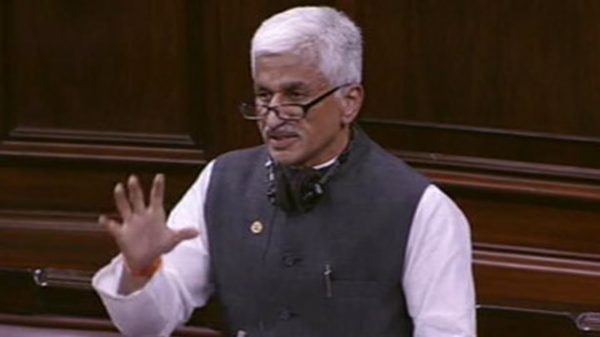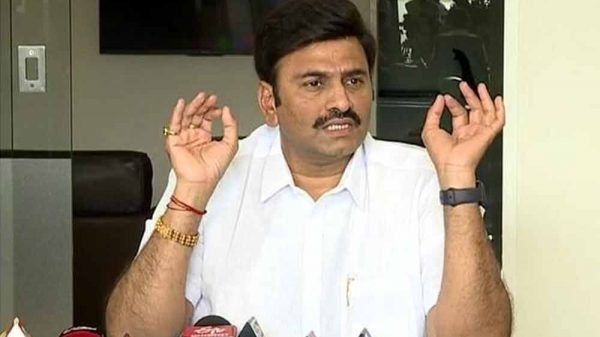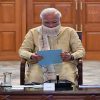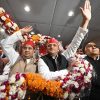NEW DELHI: The Delhi government has legislative and executive powers over administration of services except for public order, police and land, the Supreme Court ruled on Thursday in a huge victory for the ruling AAP dispensation in its festering feud with the Centre (Government of India).
A five-judge constitution bench headed by Chief Justice D Y Chandrachud, in a unanimous verdict, put an end to the eight-year-old dispute between the Centre and the Delhi government triggered by a 2015 home ministry notification asserting its control over services, holding the National Capital Territory administration is unlike other Union Territories and has been “accorded a ‘sui generis’ (unique) status by the Constitution. Against the backdrop of frequent run-ins between the AAP government and the Centre’s point man, the lieutenant governor, the apex court asserted an elected government needs to have control over bureaucrats, failing which the principle of collective responsibility will be adversely affected.
“The Legislative Assembly of NCTD has competence over entries in List II and List III (state and concurrent list) except for the expressly excluded entries of List II (Public order, police and land)…”, the Supreme Court ruled in a 105-page judgement.
The top court said in the spirit of cooperative federalism, the Centre must exercise its powers within the boundaries created by the Constitution. “The NCTD, having a sui generis federal model, must be allowed to function in the domain charted for it by the Constitution. The Union and NCTD share a unique federal relationship. It does not mean that NCTD is subsumed in the unit of the Union merely because it is not a ‘State’,” it said. The court held the executive power of the Delhi government is “co-extensive with its legislative power” and it also covers all matters with respect to which it has the power to legislate.
“We hold that references to ‘state government” in relevant Rules of All India Services or Joint Cadre Services, of which NCTD (National Capital Territory Delhi ) is a part or which are in relation to NCTD, shall mean the Government of NCTD,” the CJI, writing the judgement for the bench said. The AAP, which has been up in arms against the Centre for being shorn of the power to exercise control even over subjects on which it is empowered to legislate, hailed the verdict. AAP supremo and Delhi chief minister Arvind Kejriwal termed the order a ”victory of democracy” and warned the officers who had obstructed public work of serious consequences.
He also said a major administrative reshuffle will follow the Supreme Court judgement.
”There will be a big administrative reshuffle in a few days. Many officers will be transferred on the basis of what they have done till now. There are some officials who have stopped public works in the last year-and-a-half.
”There were instances where medicines of mohalla clinics, tests, DJB’s money was stopped. Such officers will have to bear the consequences of their misdeeds. Opportunity will be given to responsive and compassionate officers and employees who want to serve the public,” he told a press conference.
Hours after the apex court’s order, the AAP government removed services secretary Ashish More and appointed 1995-batch IAS officer A K Singh in his place.
Kejriwal’s party termed the apex court order a ”tight slap” on the mission to topple governments through ”unconstitutional ways” and a ”massive defeat” for the dictatorial actions of the BJP-led Centre.
The AAP boss, however, struck a conciliatory note while referring to Prime Minister Narendra Modi. Kejriwal said Modi is like a ”father figure” and it is his responsibility to look after all like his children.
Elaborating on the Delhi government’s powers, the verdict said legislative and executive power over services such as Indian Administrative Service, or Joint Cadre services, which are relevant for the implementation of policies and vision of the Delhi government in terms of day-to-day administration of the region, shall lie with it. The Arvind Kejriwal government has been alleging that bureaucrats belonging to All India Services and joint UT cadres like DANICS (Delhi, Andaman & Nicobar, Lakshadweep, Daman and Diu and Dadra and Nagar Haveli (Civil Services) are not following the administrative directions of the elected government.
“The principles of democracy and federalism are essential features of our Constitution and form a part of the basic structure. Federalism in a multi-cultural, multi-religious, multi-ethnic and multi-linguistic country like India ensures the representation of diverse interests…
”Thus, in any federal Constitution, at a minimum, there is a dual polity, that is, two sets of government operate: one at the level of the national government and the second at the level of the regional federal units,” it said. The top court referred to its 2018 judgement and Article 239AA (which deals with the special status of Delhi as UT) of the Constitution and said the lieutenant governor is bound by the aid and advice of the council of Delhi ministers in relation to matters within the legislative scope of the city government.
“As we have held that NCTD has legislative power over “services” (excluding ‘public order’, ‘police’, and ‘land’) under Entry 41 in List II, the Lieutenant Governor shall be bound by the decisions of GNCTD on services… To clarify, any reference to LG over services (excluding services related to ‘public order’, ‘police’ and ‘land’) in relevant Rules shall mean LG acting on behalf of GNCTD,” it said.
It said the division of administrative powers between the Union and the Delhi government “must be respected”. Observing that in a democracy, the real power of administration must lie with the elected government within the constitutional boundary, it said: “A constitutionally entrenched and democratically elected government needs to have control over its administration.” Referring to the triple chain of command to ensure democratic accountability, it said civil servants are accountable to the ministers and they, in turn, are accountable to Parliament or the state legislatures.
“An unaccountable and a non-responsive civil service may pose a serious problem of governance in a democracy. It creates a possibility that the permanent executive, consisting of un-elected civil service officers, who play a decisive role in the implementation of government policy, may act in ways that disregard the will of the electorate,” it said.
Delineating the boundary of powers of the LG, it said he may act in his discretion only in two classes of matters. “Firstly, where the matter deals with issues which are beyond the powers of the Legislative Assembly and where the President has delegated the powers and functions to the Lieutenant Governor in relation to such matter; and secondly, matters which by law require him to act in his discretion or where he is exercising judicial or quasi-judicial functions.” It said the term “administration” with regard to powers of the LG cannot be understood as the entire administration of Delhi.
“Otherwise, the purpose of giving powers to a constitutionally recognised and democratically elected government would be diluted,” the court said. The constitution bench was set up to hear the legal issue concerning the scope of legislative and executive powers of the Centre and the Government of National Capital Territory of Delhi (GNCTD) over control of services in Delhi after the Union home ministry issued a notification in 2015, declaring it has control over services in the national capital. The notification was challenged by the Arvind Kejriwal government in the Delhi high court.
Source: Press Trust of India



